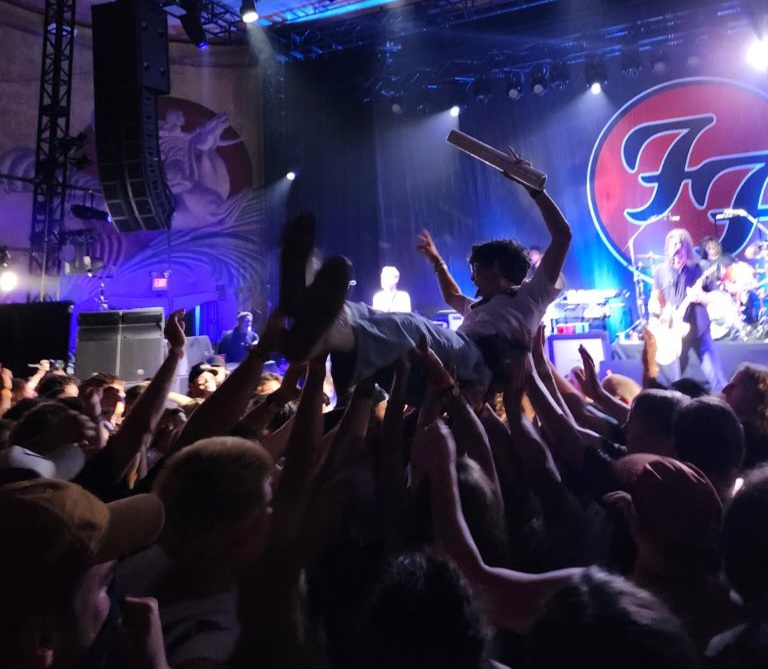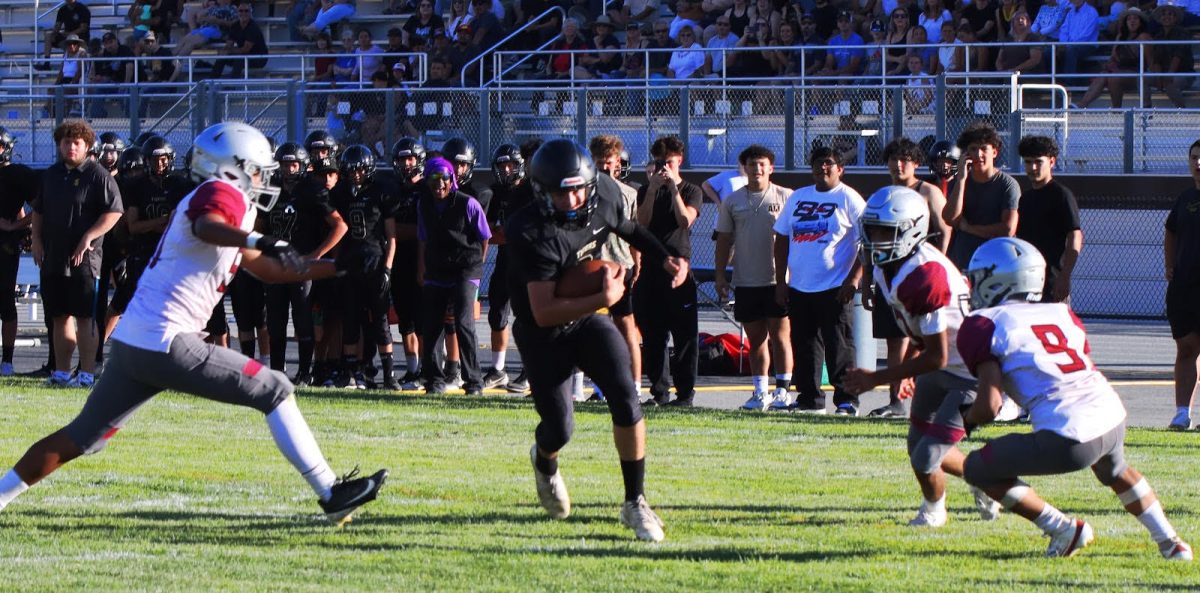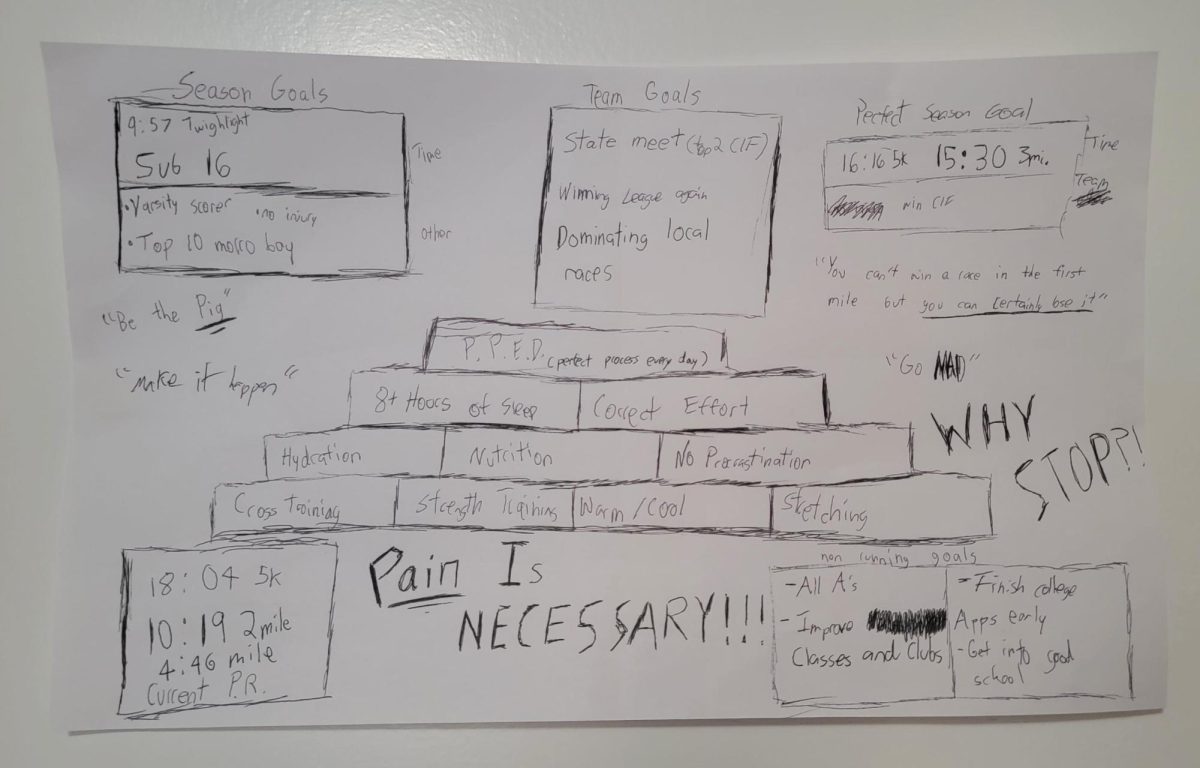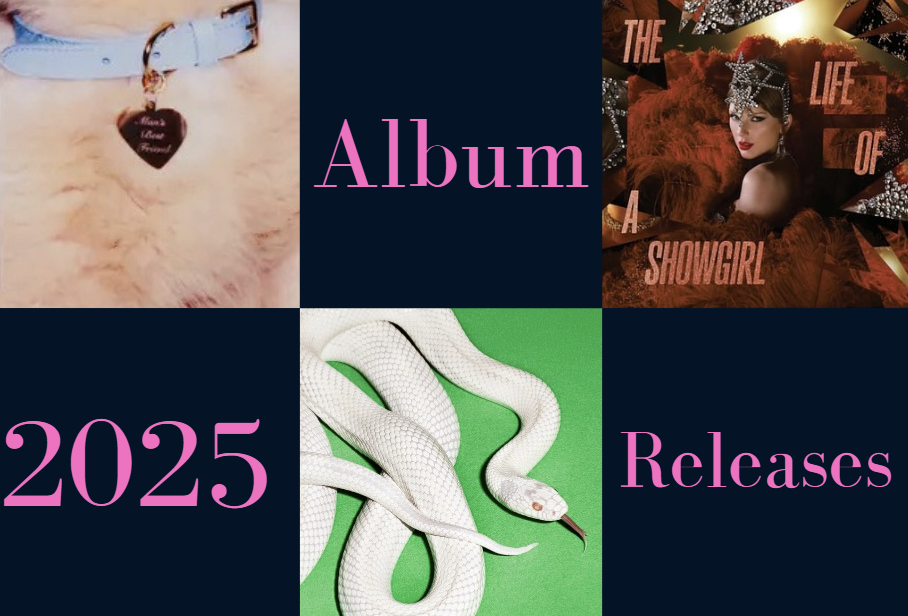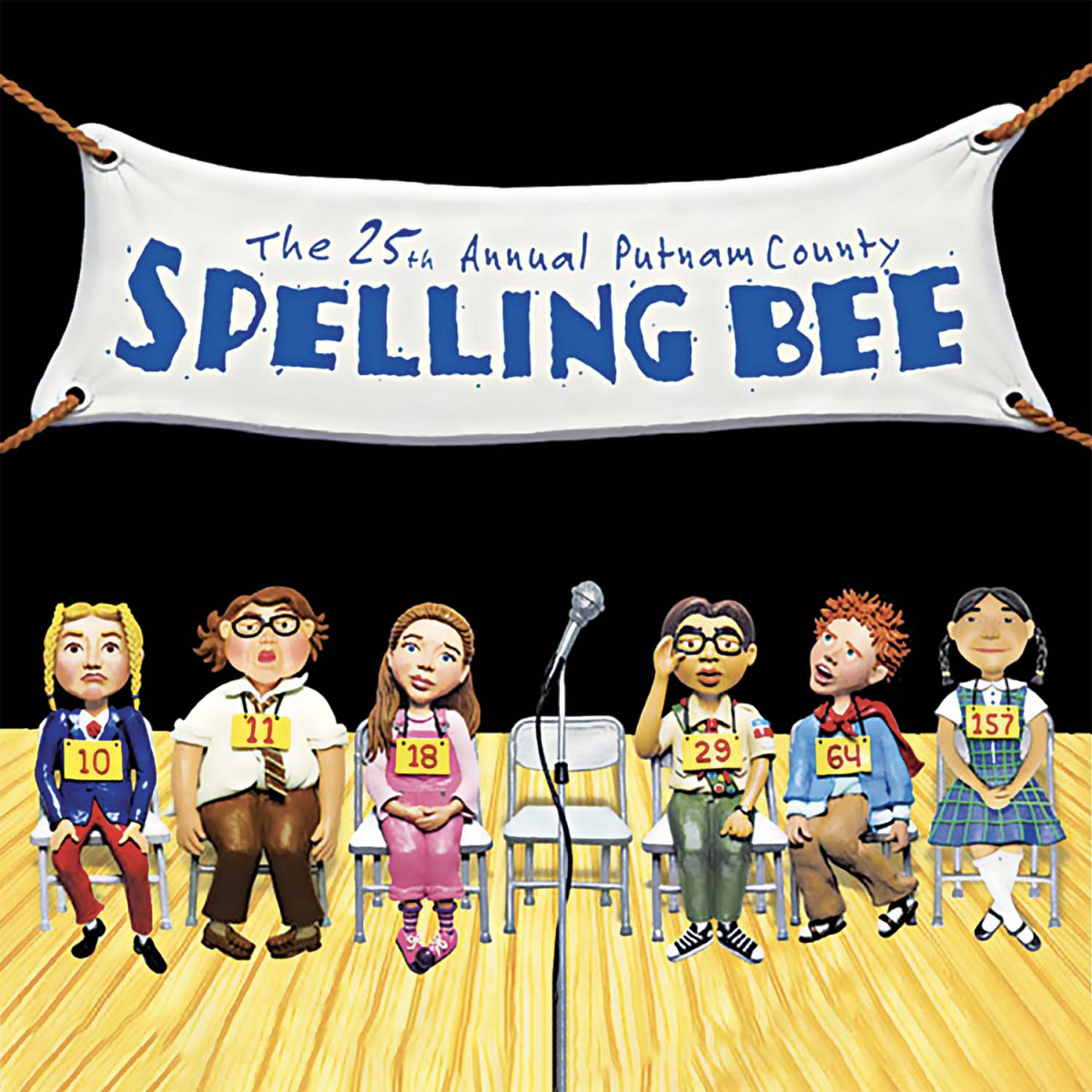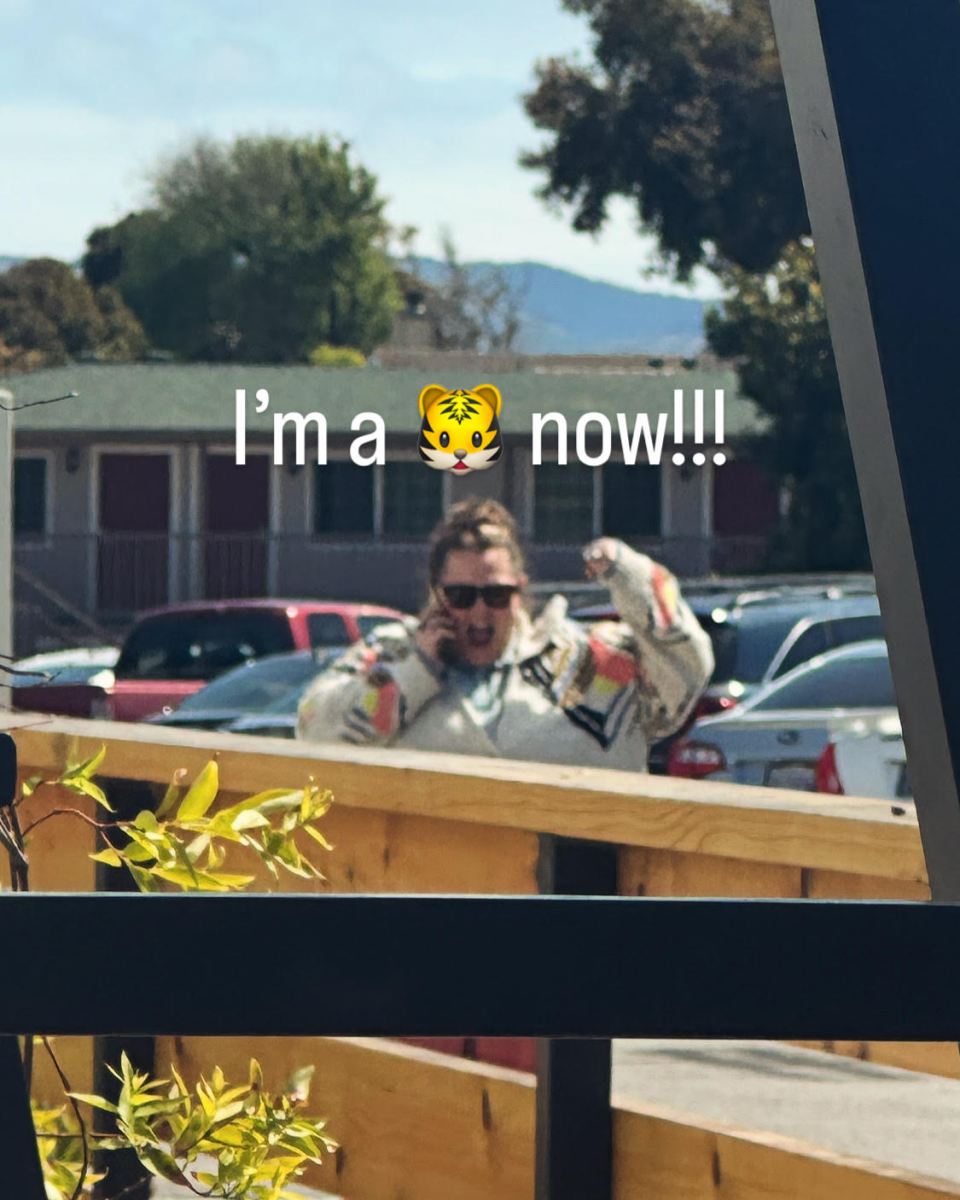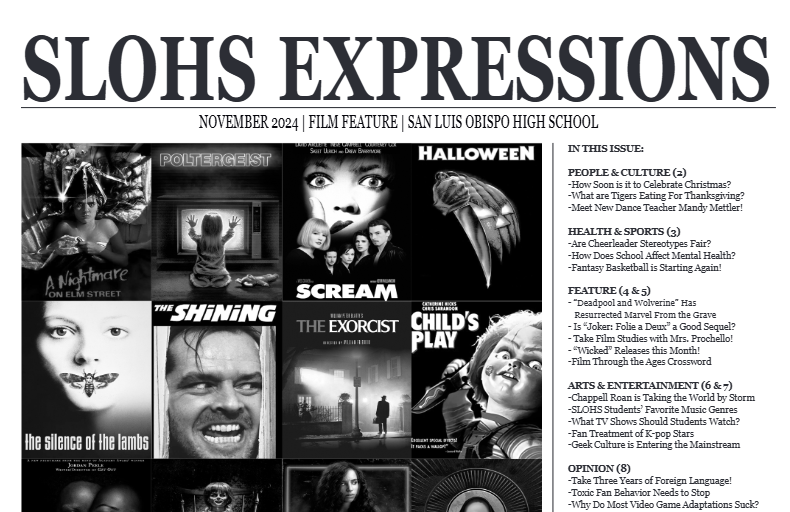In today’s society, celebrities and social media are at the forefront of our everyday lives especially for teenagers at San Luis Obispo High School. Celebrities and influencers can use this enchantment as a tool to give children role models and spread awareness about crucial topics that some wouldn’t otherwise have been aware of. But they can also subtly create toxic patterns through the portrayal of themselves to media and fans. This has the potential to be more dangerous than overt messages of racism, sexism, homophobia, etc because many people don’t see the issue that is in front of them.
Artist and most followed female on Instagram Ariana Grande exemplifies this toxic behavior by emulating black women when it benefits her. This can be seen during her concerts, as well as by copying black artist’s music, on social media by wearing her hair in certain styles, and getting extreme spray tans. However, she sticks to her natural white heritage background on covers such as when she was featured on Vogue.
“There are many famous musicians out there who use their platforms for good, and to truly represent their cultures, but Grande is not one of those people. She uses her platform and changes her appearance whenever it will benefit her and gain her the most attention. She only focuses on issues if they will be beneficial towards her, her social life, and her status, and, I just really don’t appreciate performers or celebrities who profit off of others’ struggles to only help themselves out,” said senior Ella Livingston.
Whether Grande has been instructed to do this by her publicly team or not, she still must be held accountable for her actions. She is the face that millions of children look up to, and they are unaware that she is making millions of dollars off of attempting to represent a group of people she is unqualified for. Artists should not profit off of the culture and history of other women that simply does not belong to them.
Throughout Grande’s career, her skin has grown increasingly darker. Images from a concert with Artist Nicki Minaj shows that Grande’s skin is darker than hers, which is surprising because at the start of her career, on the Nickelodeon TV show “Victorious”, she is quite pale.
While some would argue that she might think she looks better when her skin is tan, there is a difference between getting a tan and looking like your race has changed. Her intentions behind tanning are for clout and profit. This brings up the issue of privilege. For centuries, people of color have endured disadvantages, especially as artists, because of their skin color and now Grande, a woman of Caucasian descent, is using their identity for her own personal gain.
Recently, she was announced as the headliner for the 2019 Manchester Gay Pride event. This has caused an uproar in the LGBTQ+ community because her fans want to get tickets to the event, not to celebrate pride, but to watch her perform. This rips away the purpose of the event completely, making lots of the attention put onto Grande, and not the community. She is also headlining at Coachella who’s founder and owner gives large donations to The National Christian Foundation, which funds groups attempting to limit the rights of LGBTQ+ members in America.
Although it could be said that she is an artist and her job is to perform, she has enough success already and does not need to take away more from any event for her own profit.
A short time ago, Grande released her hit song “7 Rings”, which has almost four million streams on Spotify and has reached number one on Billboard Hot 100. The song doesn’t just closely resemble Artist Princess Nokia’s song “Mine,” but blatantly copies it. “Mine” is about people of color’s hair, which makes it even more insensitive that Grande copied and profited off of it more than Nokia. The lyrics of Grande’s chorus go “I want it, I got it, I want it, I got it. You like my hair? Gee, thanks, just bought it,” and Nokia’s, “It’s mine, I bought it.” If you listen to the two songs back to back the music is also clearly stolen.
In response to people calling her out, Grande posted on her Instagram story, “…white women talking about their weaves is how we’re gonna solve racism.”
This post is insensitive to the horrible current and past history of racism and white women gossiping about their hair isn’t going to fix it.
All of these examples may seem critical, but we cannot look past them and continue to support artists that aren’t true to themselves and are profiting off of other people’s success. If these things don’t bother you, ask yourself why they don’t.
Every day we are exposed to people on social media that are profiting off of black culture and it almost seems to have become something we as a society are okay with. I’m not saying that Grande isn’t talented, but it’s how she’s using her talent that is problematic. Therefore, society must focus on supporting artists that are not only talented but are ones that deserve to have our attention.

